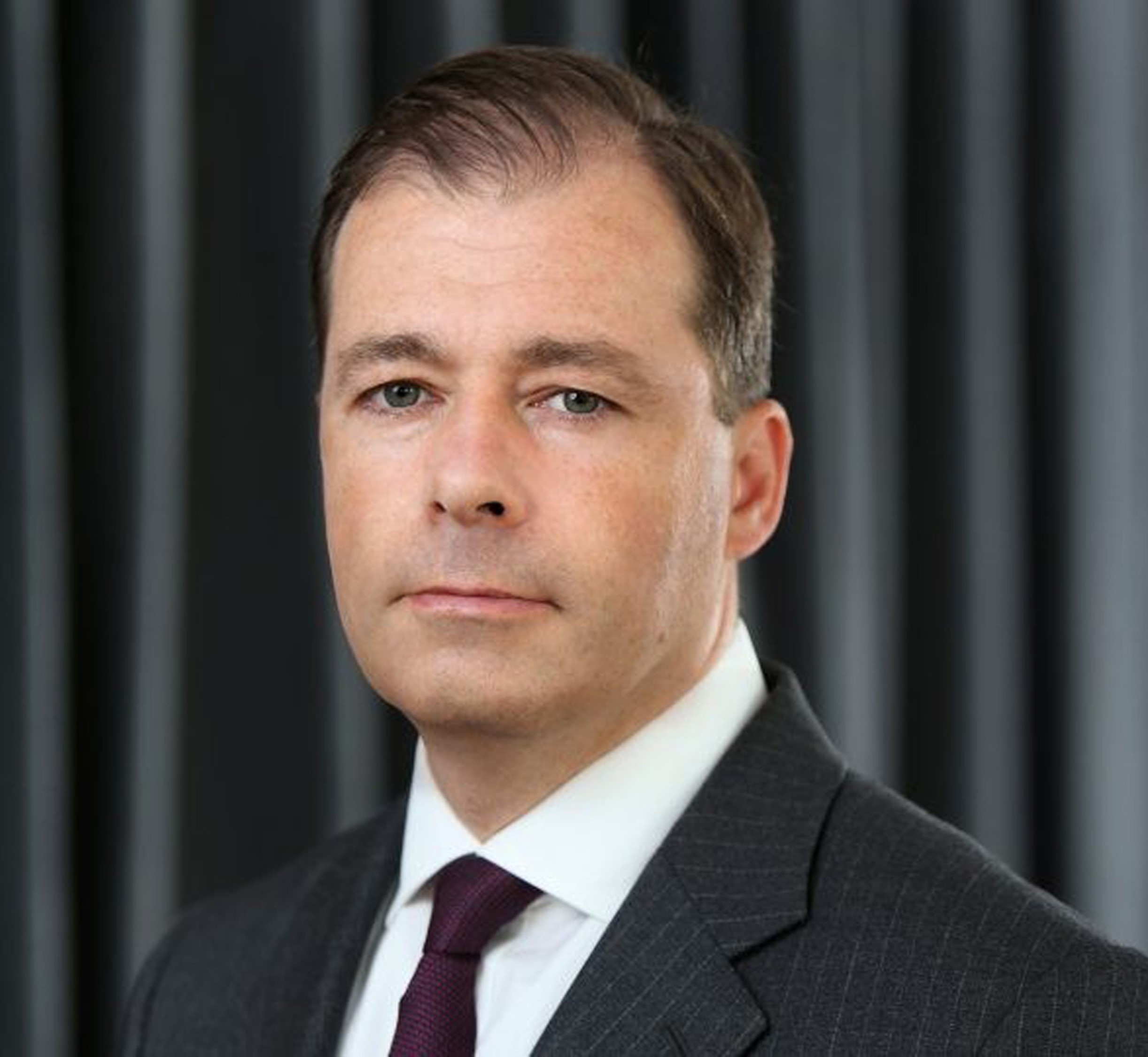Eisenhower Institute Presents Transforming Industrial Heartlands
By Patrick Sullivan, Staff Writer
On Tuesday, April 12, the Eisenhower Institute hosted a roundtable discussion with the Secretary for Federal, European, and International Affairs in the German State of North Rhine-Westphalia Mark Speich.
Speich’s visit to Pennsylvania corresponds with the Industrial Heartlands Initiative, which aims at sharing strategies across the Atlantic toward revitalizing rural economies experiencing an industrial decline. He shared how investments in Germany’s Ruhr region transformed the area from a heavy dependence on coal and steel production to a developing green economy.
Speich began by going over the history of industry and energy policy in Germany and Europe more broadly over the past couple of centuries. He explained how the growth of industry followed increased energy production. Later in his remarks, he emphasized how modern industry can grow in a similar way following the increased production of green energy.
Speich then described the three phases in Germany’s move towards renewable and clean energy. The first phase focused on slowing down Germany’s reliance on cruder forms of energy such as coal. On this note, Speich mentioned Germany’s considerable reserves of lignite coal which historically allowed them energy independence.
The second phase consisted of investments in new forms of green energy as well as in people affected by this energy transformation. He cited subsidies provided for displaced coal workers as an example of this phase.
Finally, the third phase completes the transformation in energy policy or the “exit from carbon.” This phase focused on bolstering investments in new energy technology and the switch to renewables. Germany’s goal is to have 100% renewable power by 2035.
The intermediate period until renewables could be fully implemented was to be offset with gas. Speich explained how this has completely changed with the Russia-Ukraine situation.
He described how recent developments made it so there was a “political will to get out of the dependence on Russia gas as soon as possible.” Speich further stated the need to “diversify the gas supply” as well as to invest and implement more renewable energy.
Speich also spoke about the broad German consensus on energy and climate. Speich was later asked about American political polarization and how to find common ground on climate change and solutions to it. He emphasized the necessity of building coalitions. Despite the German consensus, he explained how there still remain differences in the major parties’ solutions to the problem. Speich also discussed Germany’s creation of 73 new projects for opportunities focusing on energy which will be funded through a public-private partnership.
Speich concluded his remarks by looking at long-term solutions to energy policy. First, he mentioned the re-naturalization of mines in the Ruhr region of Germany. This process, aimed at reducing the environmental impact of historic mining, will take over 400 years to complete. Speich then spoke about the largest steel mill in Europe, the Thyssenkrupp steel mill in the north of Duisburg. He emphasized the necessity of keeping this important industry but also switching its energy supply.
“We can bring this industry into the future on the back of green energy,” said Speich
Spiechthen fielded questions from the attendees which included students, faculty, and other members of the Gettysburg community. The first question to the Secretary was about the history and rationale for Germany’s move away from nuclear energy. Speich explained the changes within the political climate against nuclear energy as occurring after the 2011 Fukushima nuclear disaster. He further noted that the Green Party of Germany found its origins in being not just anti-carbon but specifically anti-nuclear. When asked about potential unrest from climbing energy prices, Speich described it as “politically important in the future” and that it would need to be addressed.
Speich concluded his remarks by explaining the “crucial importance of institutions of research in the structure of regions.”

